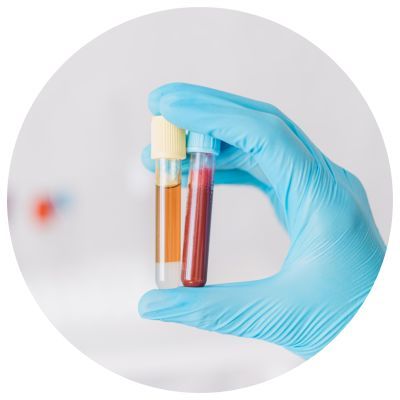Secrets of blood clotting
May 24, 2023 | Biology
Researchers from the University of Reading partnered with Denmark, Germany, Norway, and Sweden to show how the reduction of a key protein prevents the formation of blood clots in three mammal species - bears, pigs, and humans - when they remain immobile for an extended period of time.
The researchers are unsure about the reason behind but there is something about mechanical forces involved in moving around that actually impacts gene expression, consequently increasing the amount of Hsp47 that circulates around the blood. Taking blood samples from hibernating bears, paralyzed individuals and pigs kept in small pens, and comparing them to their mobile counterparts, the proteomics experiments showed that that absence of movement was connected with having far less Hsp47.
New medicines that are able to inhibit the function of Hsp47 in blood clotting might protect mobile people who are prone to clots.
